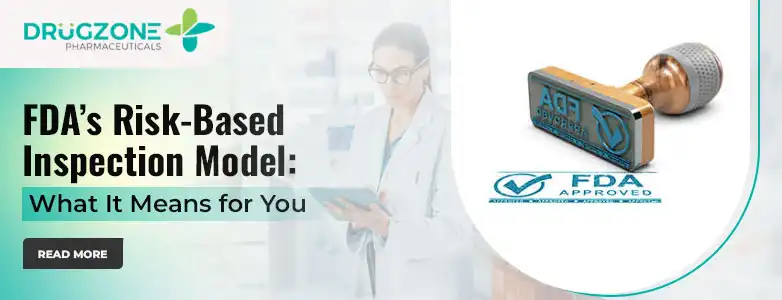
Posted On: April 25, 2025
The Importance of Pharmacovigilance in Wholesale Distribution
Pharmacovigilance in wholesale distribution refers to the ongoing monitoring of medicine safety as products move through the supply chain. Pharmacy wholesale suppliers play a prominent role by identifying and reporting any issues related to product quality, side effects, or packaging defects.
Essentially, this process ensures that only safe, effective, and compliant medicines reach pharmacies, healthcare providers, and ultimately, patients.
The Role of Pharmacovigilance
Here's why pharmacovigilance is critical!
1. Ensures Drug Safety Beyond the Manufacturer
Pharmacy wholesale suppliers take on a critical role in monitoring drug quality as medications move between manufacturers and healthcare providers.
Spotting damaged packaging, incorrect labeling, or changes in drug appearance can help prevent compromised products from reaching patients.
Active safety checks allow suppliers to respond quickly to reports from pharmacists or healthcare professionals. When recurring issues arise, such as unexpected side effects or complaints, they can escalate them to manufacturers or regulatory authorities.
The vigilance of this kind significantly reduces risks to end-users and strengthens the integrity of the supply chain.
2. Compliance with Regulatory Expectations
Regulatory agencies such as the FDA require documented pharmacovigilance systems from all players in the drug distribution network. Pharmacy wholesale suppliers must record and report any adverse drug reactions or safety concerns, along with maintaining complaint management protocols.
Meeting these requirements reflect accountability and operational maturity. Regular audits often evaluate the presence of pharmacovigilance procedures within a supplier’s system.
Those who consistently meet expectations tend to build stronger ties with pharmaceutical companies and institutional buyers who prioritize regulatory compliance.
3. Supports Recall Management
Drug recalls demand immediate and accurate action from all supply chain participants. Wholesalers play a major role in tracing affected products, pulling them from circulation, and notifying pharmacies or healthcare providers.
Pharmacovigilance systems improve this process by offering clear documentation of product movement, including batch numbers and distribution records.
Strong internal processes also ensure swift communication with both regulatory bodies and downstream partners, which helps prevent patient exposure to faulty or dangerous medications.
4. Detects Counterfeit or Substandard Products
Substandard or counterfeit drugs threaten patient health and damage public trust. Pharmacy wholesale suppliers can help identify such products by staying alert to irregularities in packaging, batch numbers, or patterns of unusual side effects reported from the field.
Once these signs are detected, suppliers are expected to escalate the issue to the appropriate authorities or manufacturers.
This early intervention helps isolate the threat, supports investigations, and reinforces the safety net that pharmacovigilance provides throughout the drug distribution chain.
5. Enhances Stakeholder Trust
Pharmacies, hospitals, and healthcare providers prefer working with partners who prioritize safety. Suppliers who follow strong pharmacovigilance practices show they are serious about quality and patient well-being.
That kind of commitment builds long-term relationships and leads to repeat business. Trust is especially critical in healthcare distribution, where timely access to safe medications can directly impact treatment outcomes and reputations.
6. Contributes to Global Drug Safety Data
Every adverse drug reaction or safety signal reported contributes to a larger body of international knowledge. Pharmacy suppliers who document and share these insights help global authorities refine treatment protocols and assess ongoing risks.
These reports also support the creation of more effective drugs over time by helping manufacturers understand how medications behave in real-world conditions.
Active participation in pharmacovigilance connects suppliers to the larger goal of improving healthcare outcomes on a global scale.
Pharmacovigilance You Can Trust with Drugzone
We at Drugzone believe that drug safety doesn’t end at distribution, it continues with constant vigilance.
As dedicated pharmacy wholesale suppliers, we prioritize pharmacovigilance in everything we do. We ensure every medication we supply is monitored and reported for quality and safety.
Frequently Asked Questions (FAQs)
Q. Why is pharmacovigilance critical for pharmacy wholesale suppliers?
It ensures drug safety by monitoring side effects and reporting issues, protecting both patients and supply chain integrity.
Q. What role do pharmacy wholesale suppliers play in reporting drug safety concerns?
They collect and relay safety data from pharmacies to manufacturers or authorities, helping manage risks early.
Tags
Latest Posts
Similar Posts
-
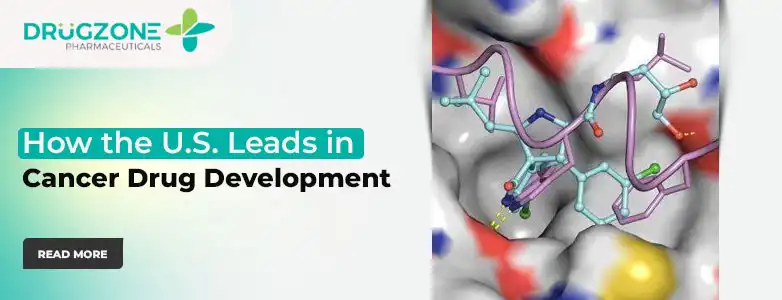
How the U.S. Leads in Cancer Drug Development
-
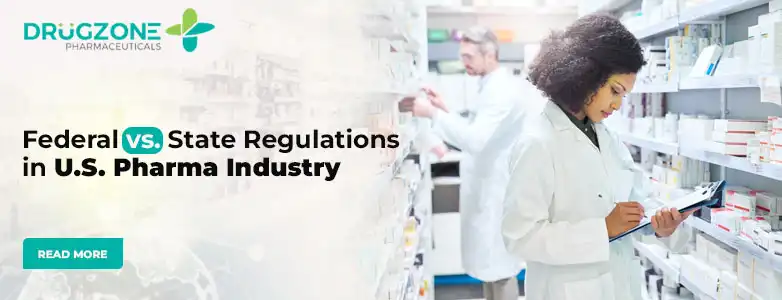
Federal vs. State Regulations in the U.S. Pharma Industry
-
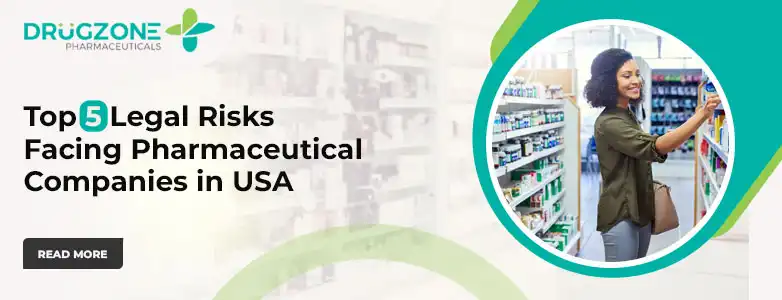
Top 5 Legal Risks Facing Pharmaceutical Companies in USA
-
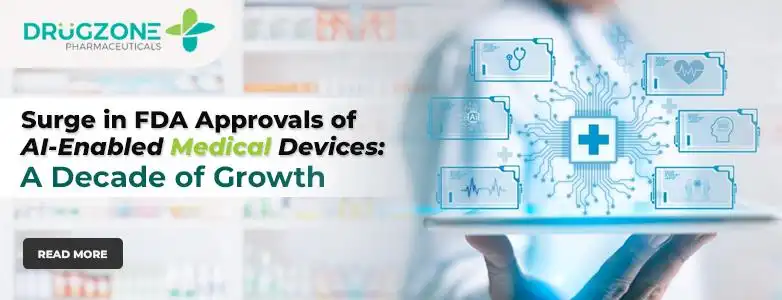
Surge in FDA Approvals of AI-Enabled Medical Devices: A Decade of Growth
-
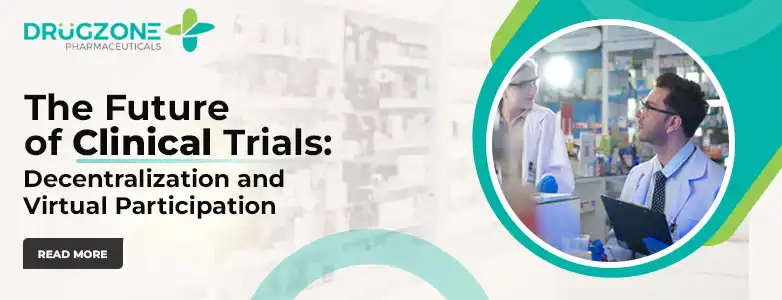
The Future of Clinical Trials: Decentralization and Virtual Participation

